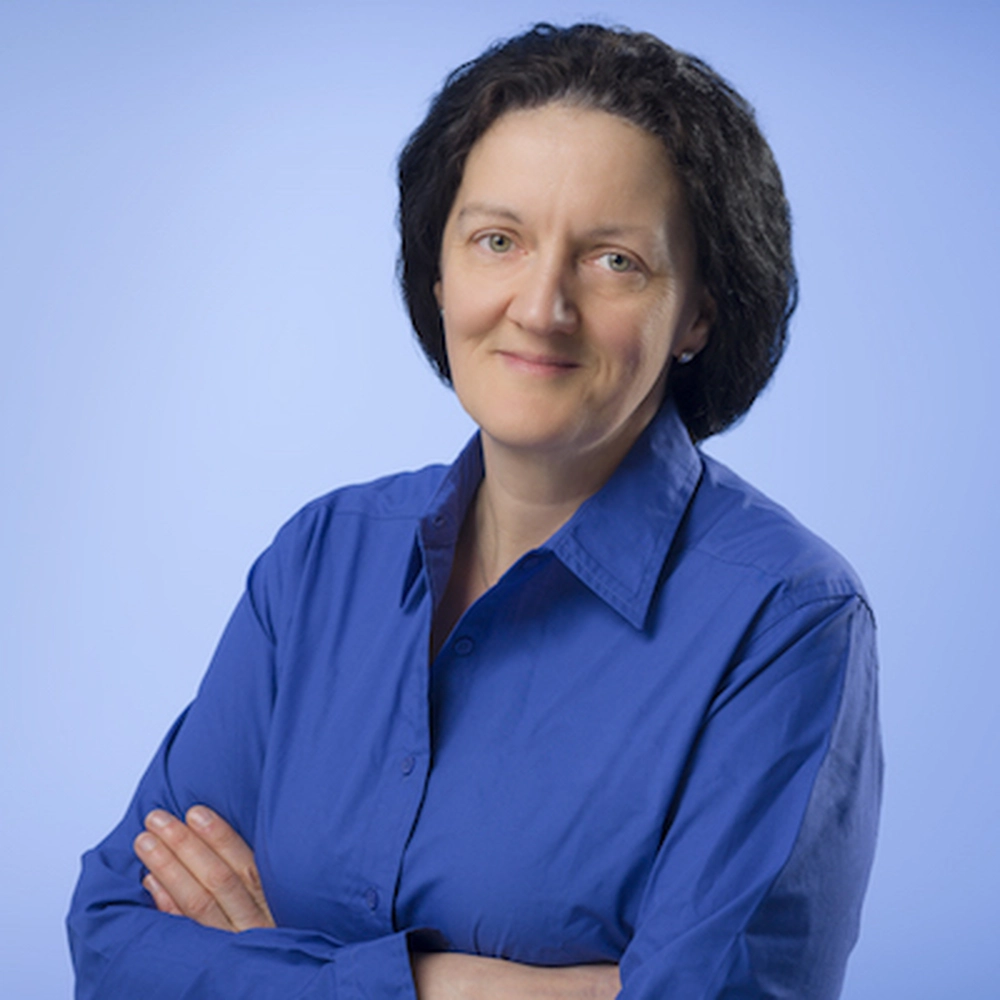
It is a great pleasure to proudly announce that our own Prof. Gabrielle Allen was elected a 2017 Fellow of the APS. Being elected an APS Fellow is a major recognition of her professional accomplishment from the leading organization of physicists. She provides international leadership in development of widely-used simulation frameworks for numerical relativity, relativistic astrophysics, and other areas, laying a foundation for many groups to address complex problems in multi-messenger astronomy. This is especially timely given the October 17 LIGO announcement.
Gabrielle is Professor of Astronomy and the Associate Dean for Research in the College of Education; she also is a Senior Research Scientist at the National Center for Supercomputing Applications where she co-leads the Gravity Group.
ABOUT DR. GABRIELLE ALLEN
Gabrielle obtained a PhD in physics from Cardiff University in 1993, following an undergraduate degree in mathematics at Nottingham University and a Masters of Advanced Study in Mathematics from Cambridge University. Gabrielle has been a research scientist at the Max Planck Institute for Gravitational Physics (AEI) in Potsdam Germany, where she carried out research in Einstein’s theory of general relativity as well as researching and developing techniques for high performance and grid computing. At the AEI Gabrielle led the Cactus Code Project, and had leadership roles in collaborative European projects GridLab and the EU Astrophysics Network. Gabrielle then moved to Louisiana State University in 2003 as an associate professor in the departments of computer science and physics, and a founding member of the new Center for Computation and Technology where she served as the Assistant Director for Computing Applications. In 2012 she was promoted to Russell Long Professor of Computer Science. At LSU Gabrielle led the cyberinfrastucture component of the statewide NSF research infrastructure improvement award "CyberTools", and was involved in a number of large, collaborative projects involving computer science, scientific computing and the computational sciences, in diverse fields including petroleum engineering, coastal modeling, computational fluid dynamics, numerical relativity, computational chemistry and computational biology. Gabrielle was awarded the Gordon Bell Prize for Supercomputing in 2001, and the IEEE International Scalable Computing Challenge prize in 2009.
Between 2010 and 2012 Gabrielle served as a Program Director in the Office of Cyberinfrastructure at the National Science Foundation (NSF) in Washington DC. At NSF, Gabrielle developed NSF-wide programs in software and computational and data-enabled science, and within OCI was responsible for learning and workforce development activities including CAREER, REU and the CI-TRACS postdoctoral fellowship program.
In 2012, Gabrielle moved to the Moscow, Russia to become a professor at a new graduate university—the Skolkovo Institute of Science and Technology (Skoltech)—established by the Russian Federation in partnership with MIT. Here, she worked primarily on establishing the IT and cyberinfrastructure vision for Skoltech as the interim Chief Information Officer. In 2014 Gabrielle moved to the University of Illinois Urbana-Champaign.
Image credit: NCSA